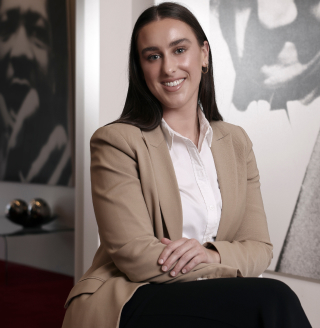Between 1905 and 1970, generations of First Nations children were forcibly removed from their families, under a policy of so-called ‘protection.’ The 1995 Bringing Them Home report estimated that between ten and thirty-three per cent of all First Nations children were taken from their loved ones.
The tragedy of Australia’s ‘Stolen Generations’ officially ended in 1969, when all states finally expunged the removal policy from their statute books. Or did it?
Late last year, the Disability Royal Commission held its eighth public hearing, in which it heard the number of First Nations children held under child protection orders has increased, with approximately 51,500 First Nations children put in child protection between 2018-2019 – at a staggering rate of eight times the non-Indigenous population. The Family Matters Report 2020 has found the number of First Nations children in out-of-home care now exceeds all those removed throughout the Stolen Generation years.
Faced with those dismal statistics, the Chair of the Disability Royal Commission, Commissioner Ronald Sackville, reflected on our history of Stolen Generations, warning “we have to be careful that this country does not repeat the errors of the past.”
Thelma Schwartz, the principal legal officer at the Queensland Indigenous Family Violence Legal Service, gave evidence that the current system is in crisis, citing instances where First Nations women in violent relationships were encouraged to reach out to child protection services for support, only to find their children taken away for their own ’protection’.
Given our dark history, and the current statistics, many are led to believe the system continues to fail First Nations parents and children. Current government initiatives that promise to “close the gap” appear to be failing, Australia’s past trauma being relived all over again, as First Nations children are removed from their homes under child-welfare laws. The Royal Commission has highlighted the structural obstacles for genuine reform. It has identified the need to recognise cultural differences for First Nations parents within their communities, as well as the importance of encouraging and supporting First Nations people and communities, and removing the presumption of risk associated with First Nations parents exposed to the child protection system.
In 2008, Australia said “Sorry”.
The then Prime Minister, Mr Kevin Rudd, publicly apologised for forcibly removing our First Nations children from their families, communities and culture. Most of us were taught saying ‘sorry’ meant promising not to reoffend. So, let’s live up to our promise. Let’s make sure we don’t repeat the sad mistakes of the past.













